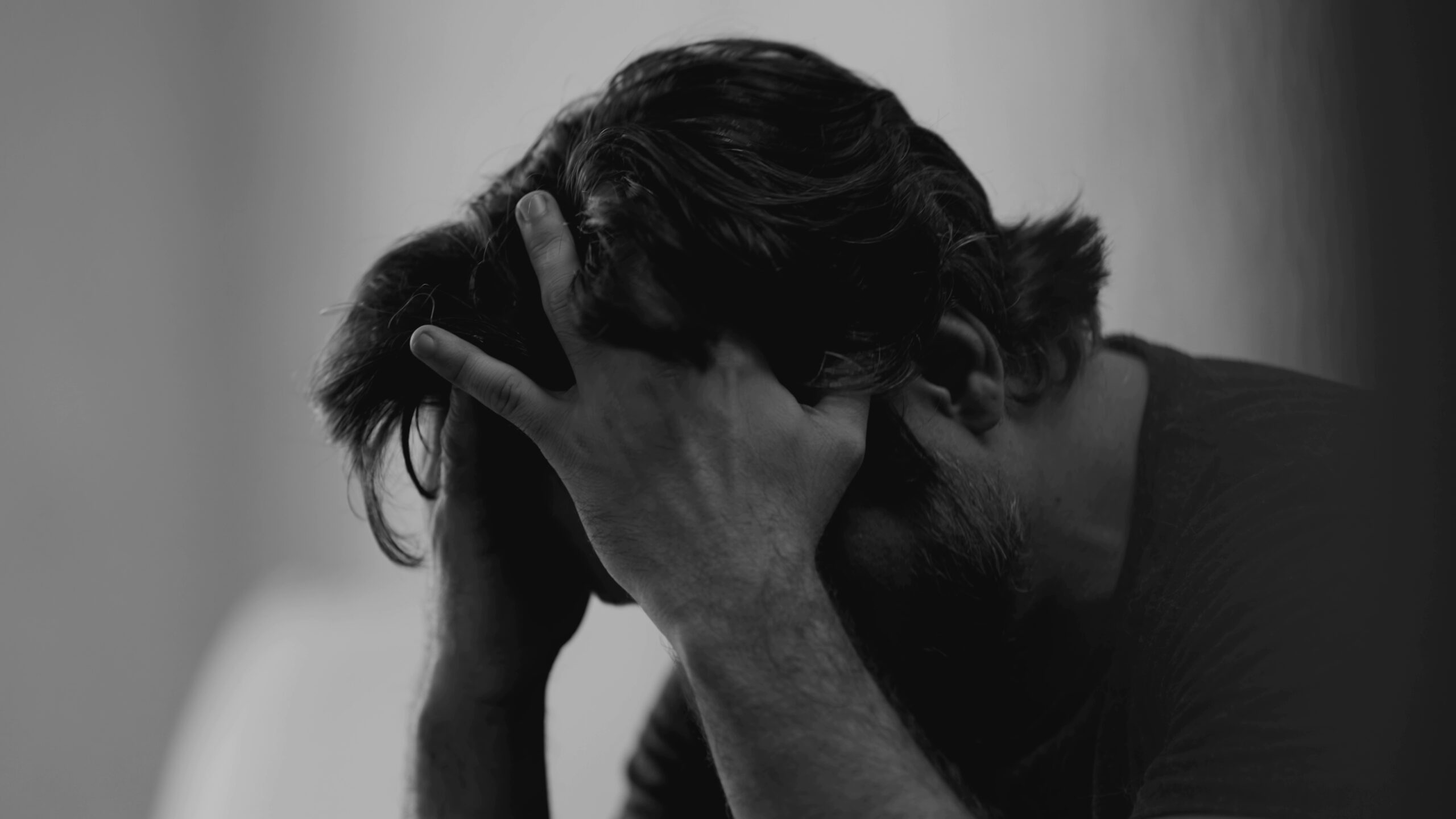Relapse is often seen as a failure or a sign of weakness, but in reality, it is a common and expected part of the recovery journey. Understanding the role of relapse in recovery can help individuals and their loved ones approach setbacks with compassion and a constructive mindset. Here, we will explore why relapse happens, its significance in the recovery process, and how to navigate it effectively.
The Nature of Relapse
Relapse is a return to substance use after a period of abstinence. It can happen to anyone, regardless of the length or quality of their sobriety. While it is discouraging, it’s important to remember that relapse does not erase the progress made in recovery. Instead, it provides valuable insights into triggers, vulnerabilities, and areas that need further attention.
Why Relapse Happens
Relapse can occur for various reasons, including:
Emotional Triggers
Stress, anxiety, depression, and unresolved emotional issues can trigger a relapse.
Social Triggers
Exposure to environments, people, or situations associated with past substance use can lead to cravings and relapse.
Physical Triggers
Poor self-care, including lack of sleep, nutrition, or exercise, can weaken resolve and increase vulnerability to relapse.
Complacency
Over time, individuals may become complacent in their recovery efforts, neglecting ongoing support and coping strategies.
The Role of Relapse in Recovery
Relapse is not a sign of failure but a signal that aspects of the recovery plan need to be re-evaluated and strengthened. It offers an opportunity to learn more about oneself and the disease of addiction. By examining the circumstances leading to a relapse, individuals can gain deeper insights into their triggers and refine their coping mechanisms.
Navigating Relapse Constructively
Acceptance and Compassion
Accept that relapse is a part of the journey for many. Approach it with self-compassion rather than self-judgment. Acknowledge the setback and commit to getting back on track.
Seek Immediate Support
Reach out to a trusted support network, including therapists, support groups, and loved ones. Early intervention can prevent a relapse from escalating into a prolonged period of substance use.
Evaluate and Adjust the Recovery Plan
Work with healthcare professionals to assess what led to the relapse and make necessary adjustments to the recovery plan. This might include changes in therapy, new coping strategies, or additional support mechanisms.
Reinforce Healthy Habits
Focus on self-care and healthy habits that support recovery. This includes maintaining a balanced diet, regular exercise, sufficient sleep, and engaging in activities that promote mental well-being.
Stay Connected to Recovery Resources
Continuously engage with recovery resources, such as support groups, therapy sessions, and educational programs. Staying connected to a recovery community provides ongoing support and accountability.
The Importance of Professional Guidance
Relapse can be a confusing and overwhelming experience, but professional guidance can make a significant difference. At the Blanchard Institute, we understand the complexities of relapse and recovery. Our team of experienced professionals offers compassionate support and evidence-based strategies to help individuals navigate relapse and continue their recovery journey.
Take the Right Next Step
Relapse is a challenging but common aspect of recovery from addiction. By understanding its role in the recovery process and approaching it with compassion and proactive strategies, individuals can turn setbacks into opportunities for growth. Remember, relapse is not the end of the recovery journey; it is a part of it. With the right support and mindset, it is possible to overcome relapse and achieve lasting sobriety.


